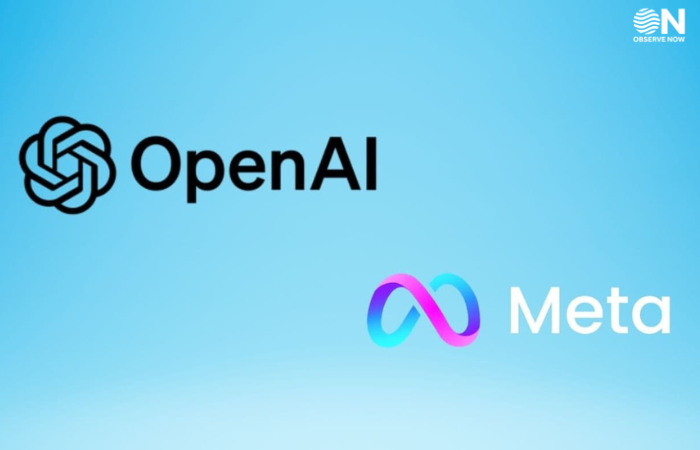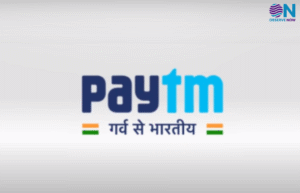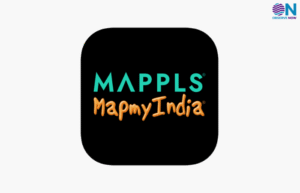OpenAI and Meta Introduce New Safety Guardrails for Teen Chatbot Use

OpenAI and Meta are rolling out enhanced safety measures for their AI chatbots after mounting concerns over how these systems respond to teenagers in moments of distress. The move follows a series of lawsuits and research studies that highlighted potential harms in the way chatbots were handling sensitive topics such as mental health, self-harm, and risky behavior.
Both companies are implementing parental control features and stricter content moderation frameworks to create safer digital environments for younger users. These updates are designed to limit exposure to harmful advice, filter inappropriate content, and provide crisis resources when teens express distress in conversations.
OpenAI is upgrading its moderation layer across its popular GPT-powered tools, focusing on context detection and real-time intervention for flagged conversations. Similarly, Meta is deploying new policies for its Messenger and Instagram chatbots, with additional oversight mechanisms that include notifying guardians when certain risk thresholds are triggered.
Industry experts have welcomed the move as a step toward responsible AI governance, noting that chatbots are increasingly acting as first points of contact for teens seeking advice. The companies are also partnering with child safety groups and mental health organizations to ensure that responses are evidence-based and supportive rather than harmful.
However, critics argue that technological fixes alone may not be enough to address the deeper psychological and social challenges teens face online. They emphasize the need for holistic digital literacy programs and parental engagement alongside technical solutions.
The announcement comes at a time when regulators worldwide are debating stricter oversight of AI systems. By strengthening safeguards now, OpenAI and Meta are signaling that they recognize their growing responsibility in protecting vulnerable users while continuing to scale AI services globally.
















